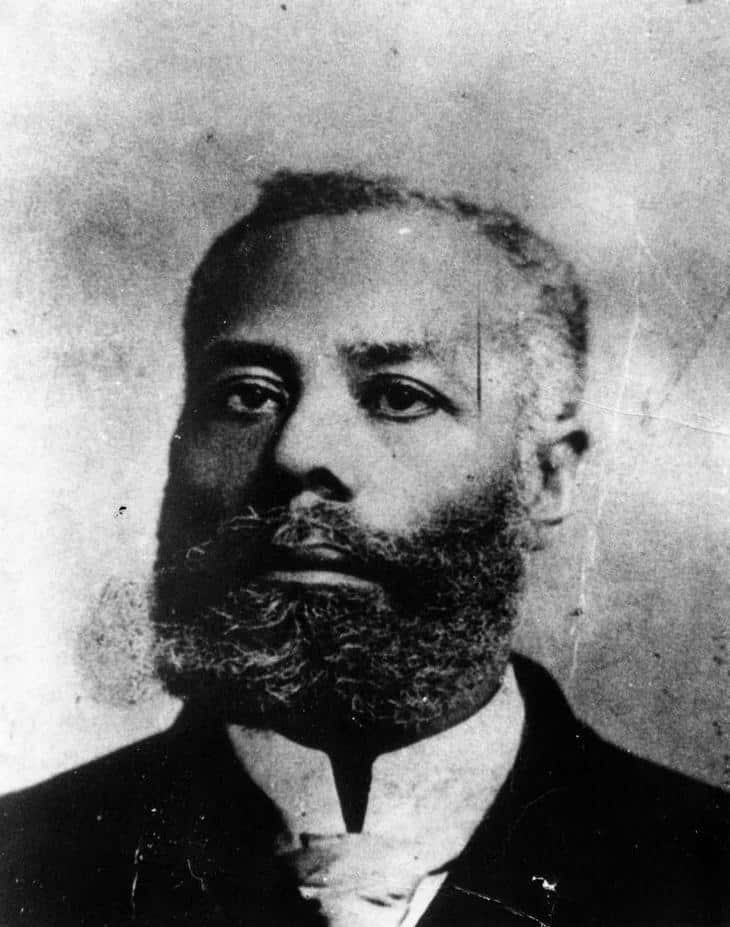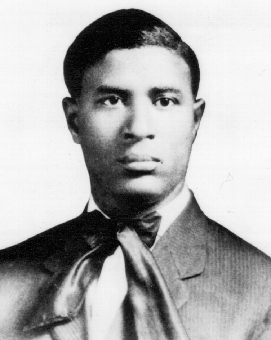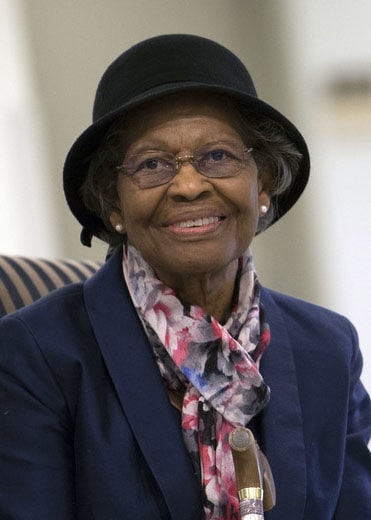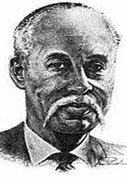In celebration of Black History month we look at seven people who helped revolutionize and improve the transportation industry.
As we move through life, we rarely think about the systems we’re using, the things that entertain and educate us, allow us to live in comfort and safety, that are part of our everyday routines. When we look back across history and at the innovations and inventions that have brought forth the modern society we know and love, it’s easy to forget about those that made it all possible.
As a transportation company, we’re more than aware that our job would be all that much harder without the infrastructure, processes, and technology that have propelled our industry forward throughout the ages.
In honor of Black History Month, here are seven ways in which Black inventors transformed transportation forever.
FREDERICK JONES
A runaway at the age of 11, Frederick Jones was a self-taught mechanical and electrical engineer—a career that would lead to a number of incredible inventions. In the 1930s, he was responsible for designing portable air-cooling units for trucks. This vastly improved the long-haul transportation of perishable goods. Long-haul refrigerated transportation, the sort many of the trucks in Musket’s fleet uses, wouldn’t have been possible without his contribution. He received a patent for the invention in 1940 and co-founded the company now known as Thermo King. His invention also earned him the National Medal of Technology and an induction into the National Inventors Hall of Fame in 1977.
 ELIJAH J. MCCOY
ELIJAH J. MCCOY
Born in Colchester, Ontario, McCoy was born to former slaves who escaped to Canada on the underground railway. Receiving a strong education in Canada, McCoy became a certified mechanical engineer and prolific inventor who, by the time of his passing, held 57 different patents. He’s best known for his impact on the railway transportation industry having invented an automatic lubricator for locomotive steam engines that forever changed the transportation industry for the better.
(Photo Rights Held by: Ypsilanti Historical Society)
GARRETT MORGAN
What if there was only ever a red light and a green light? While Morgan’s most notable invention was actually the gas mask, which saved countless lives, his role in transportation innovation can’t be ignored. He’s credited with patenting the T-shaped traffic light with 3 settings—an addition that has no doubt reduced the number of potential traffic accidents across the world—and is often referred to as the creator of the modern-day traffic signal.
 GLADYS WEST
GLADYS WEST
Do you enjoy travelling without reams of paper maps strewn across your passenger seat? You can thank Gladys West. After receiving several degrees in mathematics, West went on to work for the U.S. military on several projects including Seasat—an experimental oceanic satellite surveillance system. Through West’s work on the project, she laid the foundation for the development of GPS (Global Positioning System)—the same technology we now carry in our pockets every single day.
ANDREW BEARD
For many years, railway cars had to be connected manually. It was a long arduous process that took quite some time, was open to human error, and also resulted in many lost fingers, limbs, and lives. In 1897, inventor Andrew Beard developed a better way, patenting an automatic coupler that would lock together when cars came into contact. As an inductee into the National Inventors Hall of Fame, Beard is often credited with revolutionizing the safety and fundamental processes associated with railroad travel.
RODNEY EARL SLATER
Becoming a lawyer in 1980, Slater made the jump to politics in 1982 joining President Bill Clinton’s staff as a campaign manager. His career in transportation began in 1987 when Clinton appointed him to the Arkansas Highway Commission, making him the youngest commissioner and the first African American to serve on the state board. In 1997, Clinton appointed Slater to be the Secretary of Transportation—only the second time in history that a African American occupied the role. His impact on the transportation industry is still felt today thanks to the Garrett A. Morgan Technology and Transportation Education Program, which he launched in 1997. The program prepared youth to become the future transportation workforce, attracting youth to transportation careers and providing them mentorship and tutoring.
LOIS COOPER
In 1953, Lois Cooper made history by becoming the first Black female transportation engineer to be hired by the California Department of Transportation. Passing her Professional Engineers (PE) License Exam, Lois started as an engineering aide, working her way up to eventually become a transportation engineer and project manager. She was part of several major road development projects in California and participated in the Los Angeles Council of Black Professional Engineers.
Musket Transport and CHET, as a company and a training school respectively, both work to embrace inclusivity and this month, and every other month, recognize the contributions of our inventors, engineers, and pioneers who have helped shape this amazing industry.


